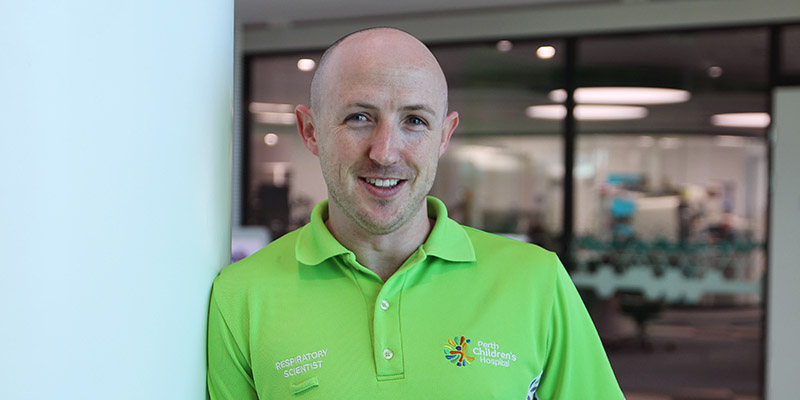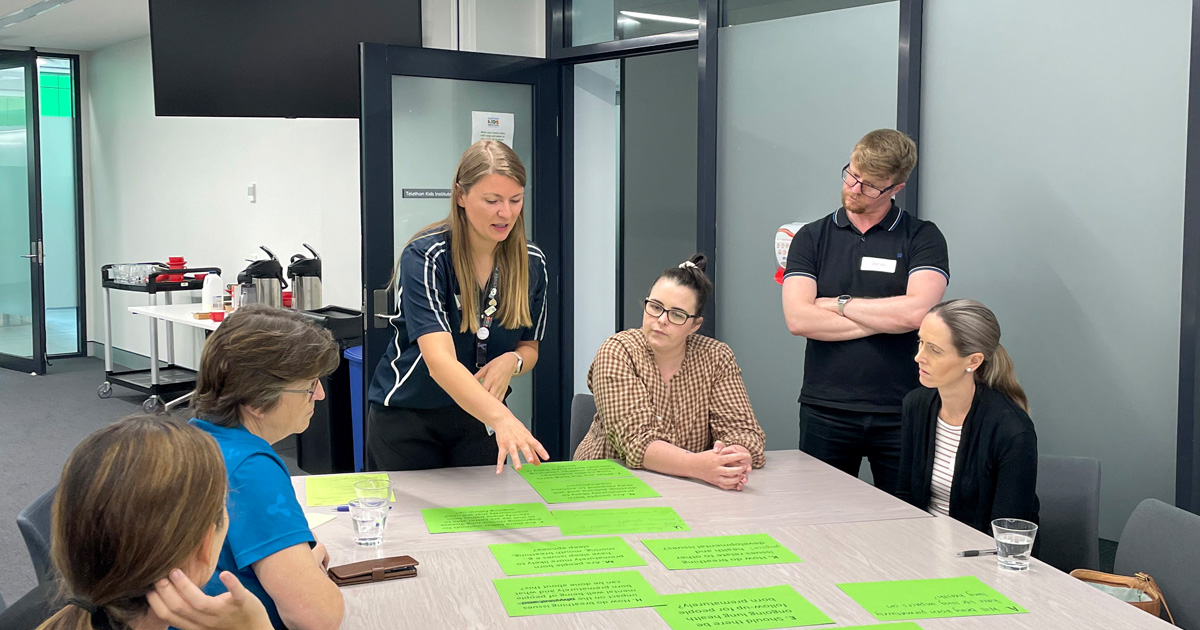Search
Research
European Respiratory Society/American Thoracic Society technical statement: standardisation of the measurement of lung volumes, 2023 updateThis document updates the 2005 European Respiratory Society (ERS) and American Thoracic Society (ATS) technical standard for the measurement of lung volumes. The 2005 document integrated the recommendations of an ATS/ERS task force with those from an earlier National Heart, Lung, and Blood Institute workshop that led to the publication of background papers between 1995 and 1999 and a consensus workshop report with more in-depth descriptions and discussion.
Research
Lung Recruitment Before Surfactant Administration in Extremely Preterm Neonates: 2-Year Follow-Up of a Randomized Clinical TrialTo examine follow-up outcomes at corrected postnatal age (cPNA) 2 years of preterm infants previously enrolled in an RCT and treated with IN-REC-SUR-E or IN-SUR-E in 35 tertiary neonatal intensive care units.
Research
Preterm lung disease: not just for neonatologistsImprovements in neonatal critical care have resulted in more people than ever reaching adulthood after being born prematurely. At the same time, it is becoming clearer that preterm birth can increase the risk of respiratory disease throughout a person’s lifetime. Awareness that a patient was born preterm can enable early specialist assessment and intervention when there is any concern about lung health.
Research
Simultaneous multiple breath washout and oxygen-enhanced magnetic resonance imaging in healthy adultsLung function testing and lung imaging are commonly used techniques to monitor respiratory diseases, such as cystic fibrosis (CF). The nitrogen (N2) multiple-breath washout technique (MBW) has been shown to detect ventilation inhomogeneity in CF, but the underlying pathophysiological processes that are altered are often unclear.

News & Events
Major grant supports innovative infant lung health studyA ground-breaking global clinical trial to improve the lifelong lung health of children born extremely prematurely has been awarded a Medical Research Future Fund (MRFF) International Clinical Trials Collaborations Grant totalling almost $3 million.

News & Events
Perron grants help give researchers wingsValuable support from the Stan Perron Charitable Foundation will enable The Kids Research Institute Australia researchers to commence projects on topics ranging from disability, mental health and lung disease to diabetes, Aboriginal leadership, and the development of child-focused pandemic policies.
Research
Respiratory Viral Testing Rate Patterns in Young Children Attending Tertiary Care Across Western Australia: A Population-Based Birth Cohort StudyBelaynew Christopher Peter Hannah Minda Huong Taye Blyth Richmond Moore Sarna Le MD, MPH, PhD MBBS (Hons) DCH FRACP FRCPA PhD MBBS MRCP(UK) FRACP OAM

News & Events
Multi-million-dollar investment in child health to support vital researchFour The Kids Research Institute Australia researchers have received prestigious fellowships and four significant cohort studies led or co-led by The Kids have received key grants under two new funding programs supported by the State Government’s Future Health Research and Innovation (FHRI) Fund.

News & Events
Pre-term kids get green light to exerciseParents of children born prematurely have expressed concerns about their child’s lung health when they exercise, with symptoms such as breathlessness.

News & Events
Community partnership sets priorities for preterm lung health researchRespiratory disease remains one of the most significant complications of preterm birth, with lasting consequences.
